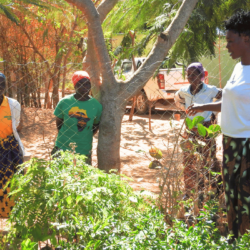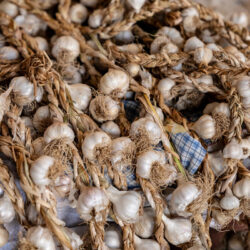Kianda: Farming for the Future : Episode 1
Series Introduction Set in the vibrant fictional village of Kianda, this engaging radio drama follows Ismael, Leila, Faizal, and Mariamo as they navigate the everyday realities of smallholder farming in Mozambique. Through humour, relatable challenges, and practical lessons, the series explores climate-smart agriculture, soil conservation, natural fertilizers, crop rotation, pest management, and smart agribusiness planning. Each episode highlights best practices promoted by the FAO’s EU-funded PROMOVE Agribiz programme, showing how










